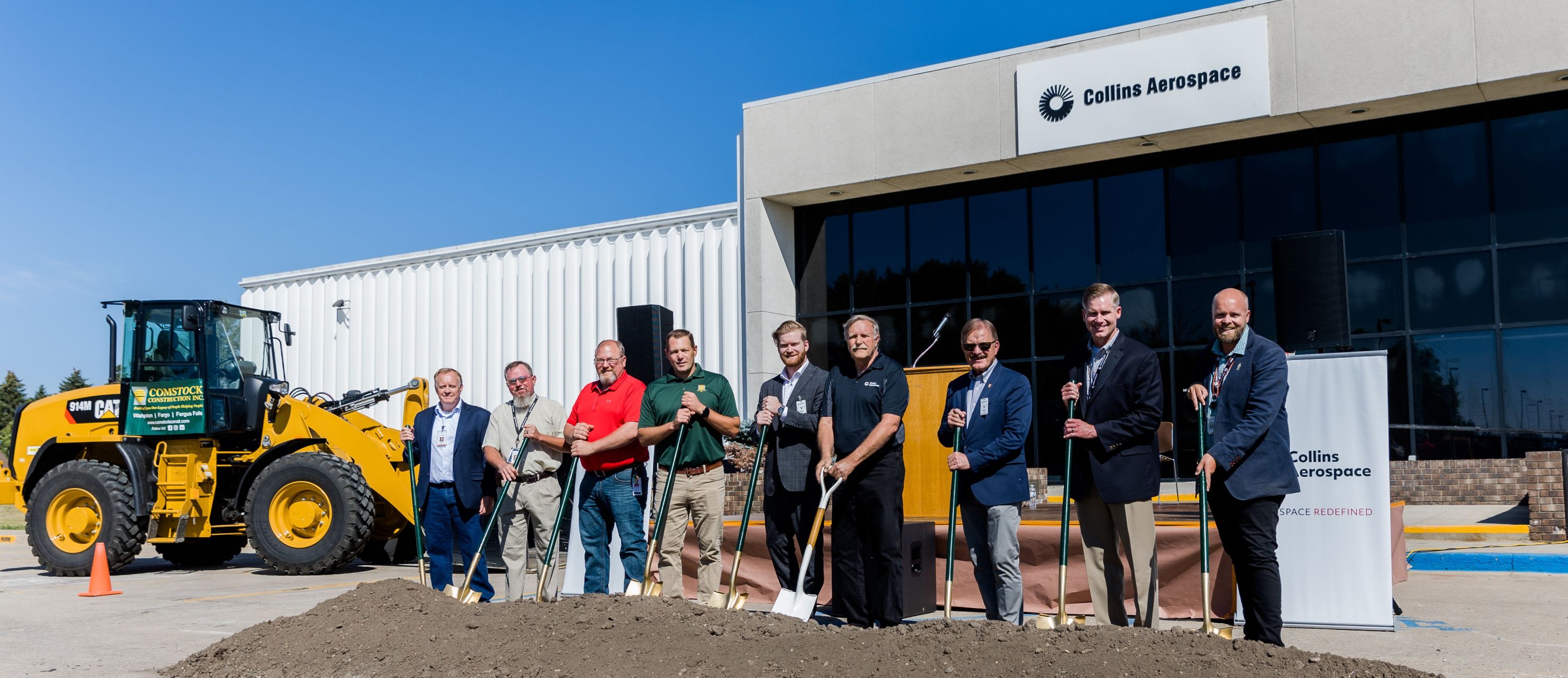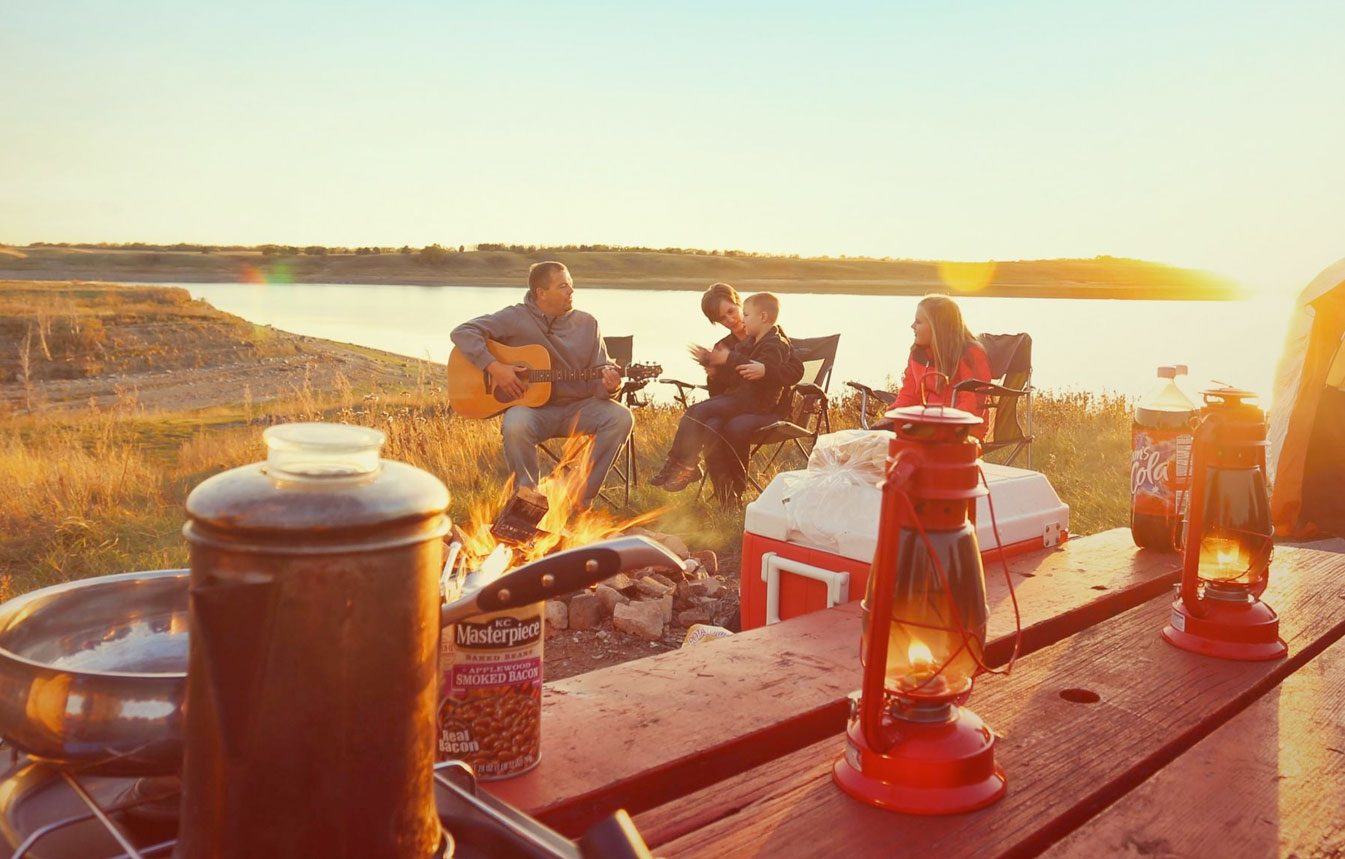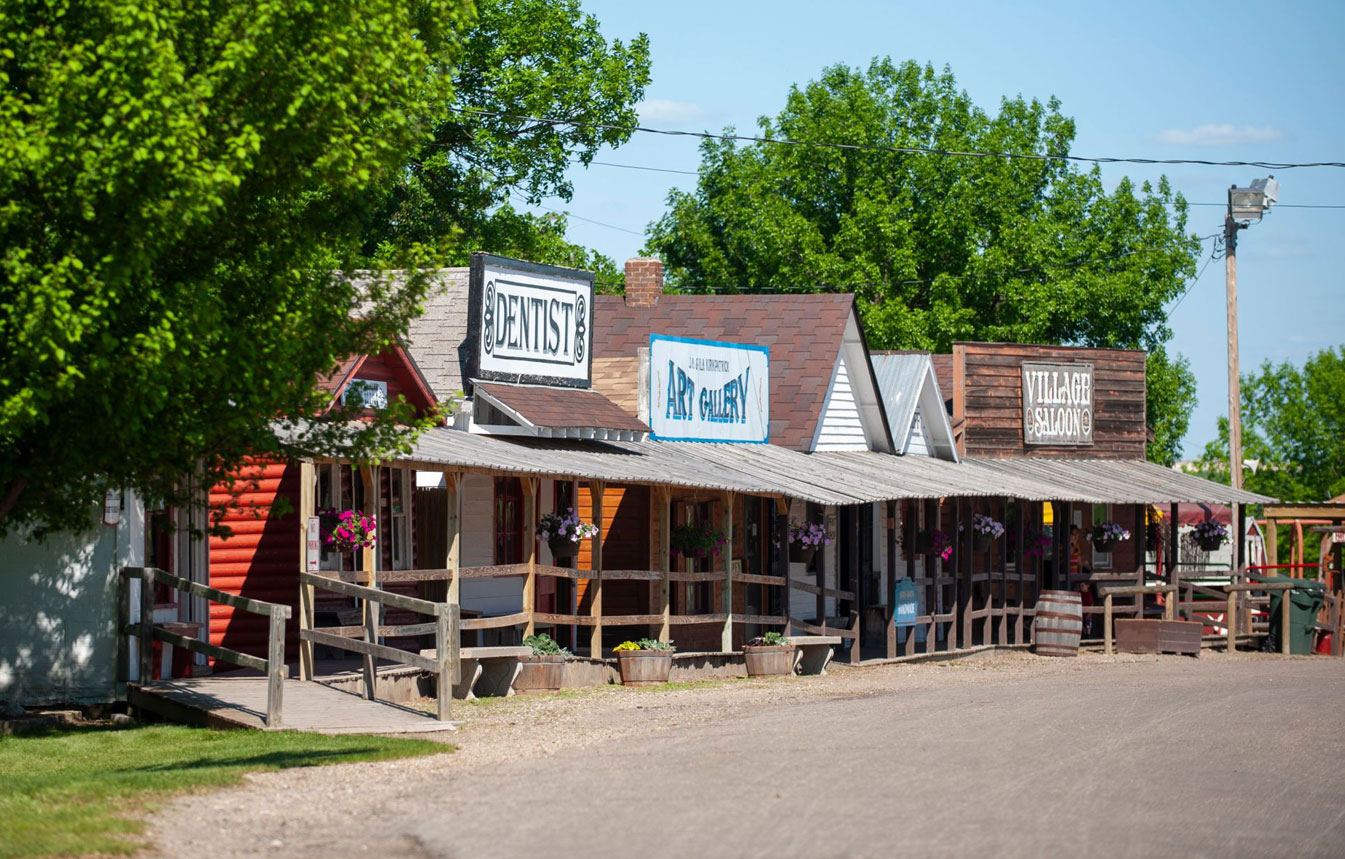
Cities and the Maker Movement
February 17, 2018
What is the Maker Movement?
The Maker Movement is a cultural development of artisans and small manufactures who create, craft and develop new and interesting ideas and products. The products can be categorized by the three “B”s: Bags, Brews, and Bots. “Bags” represent all products that someone might wear, such as, jewelry, clothing, purses, belts, etc. “Brews” represent all products that someone might consume. Of course this includes crafts beers and wines, but it also includes jams, cakes, beef jerky and other specialty food and beverages. “Bots” represent technology creations. This could be anything from mobile apps to robots.
How did the Maker Movement start?
A few tipping point events:
In June 2005, Etsy launched their online platform for artisans to sell their crafts. This was one of the first tipping points that helped hobbyists and crafters sell their products beyond their local craft show or flee market, exponentially increasing potential customers.
In February 2009, Square, Inc. was launched. Finally, small artisans had a convenient, on-site or online, low cost way to collect credit card payments.
In September 2012, The New York Times reports that the “Made in America” label is regaining popularity, with more consumers buying domestic, local goods they feel represent “old-school craftsmanship, even luxury.”
Why is the Maker Movement important to cities?
The United States has an estimated 135 million makers. These makers are increasing economic activity, repurposing previously underutilized and blighted spaces, improving products and services in local communities and selling their products globally bringing dollars, from around the world, into the community in which they reside.
What can Cities do to support the Maker Movements and Local Makers?
- Review zoning and ordinances to be artisan friendly. For example, in which zoning would a craft brewery locate in your community? Does your zoning allow for the brewing and local sale of the products? Where would a small clothing design business locate. Does your zoning allow for the manufacture, assembly and shipping operations, as well as a local retail presence? Many cities even have a specific artisan manufacturing zone definition.
- Create Makerspaces/Incubators/Accelerators to support the entrepreneurial spirit of the movement, provide valuable technical, marketing and administrative assistance and help small manufacturers scale their small business from home-based to a commercial or industrial location.
- Evaluate your business-friendly environment. It should be a friendly, efficient process to start a business in your city. Are your permits available online? Can you pay with a credit card? Are the staff at City Hall and your local economic development offices knowledgeable about the license and permit requirements. Do you have the contact information readily available for any additional resources such as the Secretary of State’s office? How does a business know what incentives might be available? Are those incentives easy to apply for and utilize?
Embrace the Maker Movement and encourage a culture of entrepreneurship in your city!
“The greater danger for most of us lies not in setting our aim too high and falling short, but in setting our aim too low and achieving our mark.” -Michelangelo, Artist





